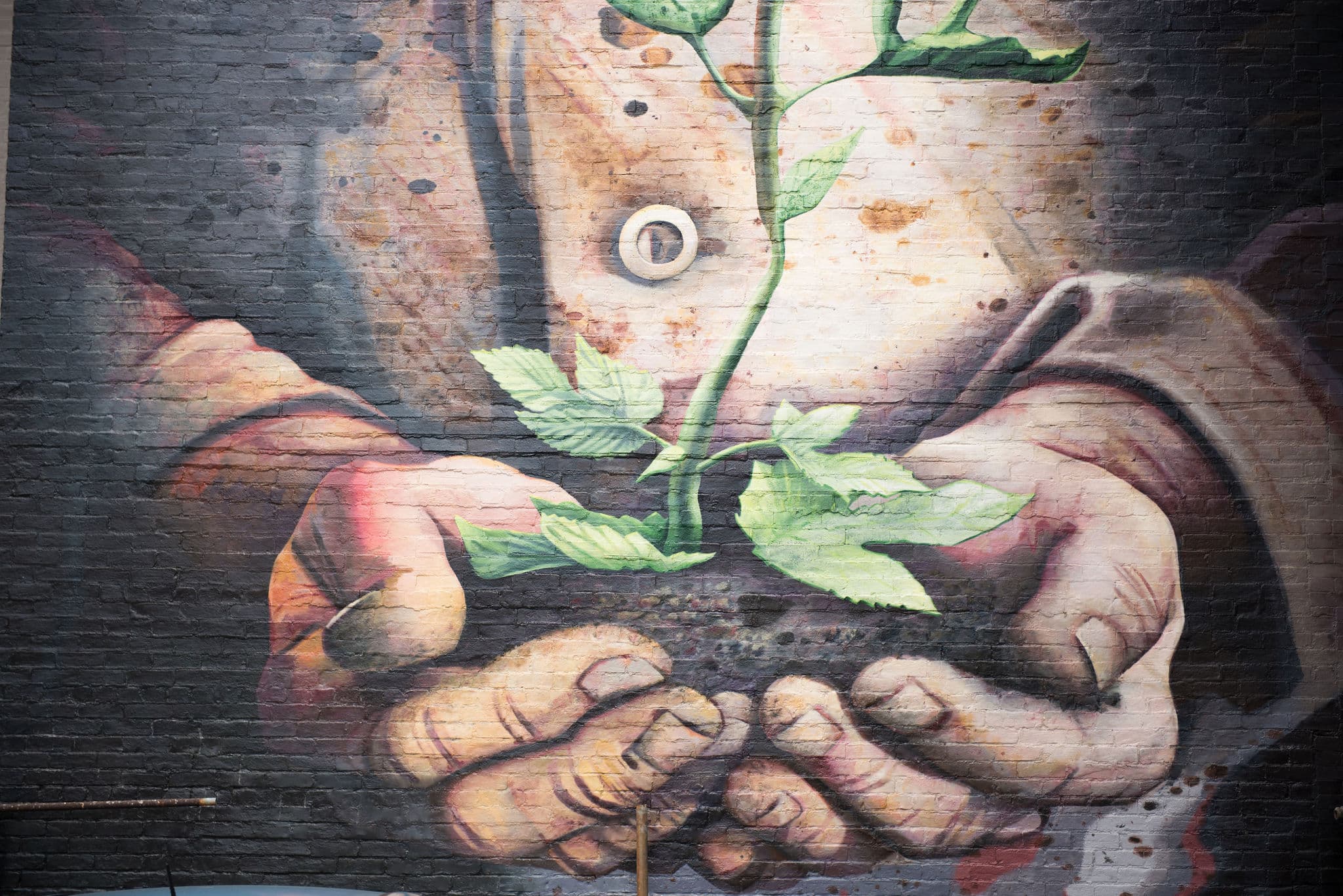
Foundations of Belonging and Civic Muscle
What contributes to Belonging & Civic Muscle
At the community and neighborhood level, social cohesion strengthens social ties and engenders collective attachment. Higher levels of social cohesion are associated with higher levels of trust, cooperation and social capital, providing the necessary foundations for creating healthy patterns for working together across groups and sectors, building the “civic infrastructure” for community members to co-create a shared future. These patterns can create a virtuous cycle – working together supports building stronger communication, develops a sense of connectedness and mutual obligation. As the sense of being valued and cared for within the community grows, people become more confident and willing to participate in the community, contributing to its vibrancy and affecting change.
Communities with an inclusive sense of belonging and strong civic muscle may be better able to:
- Design their own pathways to resilience
- Gather assets to respond effectively and equitably in a crisis
- Persistently expand vital conditions, while alleviating urgent needs
- Use their power to assure mutual accountability
Community-driven change, which strengthens people’s resilience and responsiveness, is more likely to make lasting progress, while also being more fair and democratic.
Community-driven change is characterized by:
- Shared power between organizational decision makers and community residents Multiple perspectives on issues
- Meaningful participation from diverse people and organizations
- A commitment to equitable processes and outcomes
- Decisions that are transparent and widely supported
What contributes to Belonging & Civic Muscle? What stands in the way? The following are three key foundations of building belonging and civic muscle.
Belonging and Civic Muscle During COVID-19
Resist the rise of hate and dismantle systemic oppression and racism
Examining legacies of systemic racism and oppression is critical to fostering a community where everyone belongs. Past and current injustices must be examined and openly discussed. Those with lived experience and diverse cultural experiences are engaged and honored.
One approach adopted in the North Sound region is Targeted Universalism — a framework that allows communities to establish common goals and create strategies to support specific groups. When we understand how we are each situated in relation to the vital conditions we all need to thrive, we are better able to meet the unique needs of our friends and neighbors—and move toward shared outcomes.
Commitment to Advancing Anti-Racism at North Sound ACH
Targeted Universalism: Equity 2.0
Targeted Universalism: Expanding Belonging
Our Progression to a Future of Belonging: Identity, Targeted Universalism, and Building the Bridges to Tomorrow
Podcast: Targeted Universalism, with john a. powell
Cultivate community participation and leadership
Inclusive and distributed leadership creates the “civic infrastructure” for community members to co-create a shared future. Purposeful collaboration and meaningful, authentic engagement, and organic coalitions are necessary ingredients.
